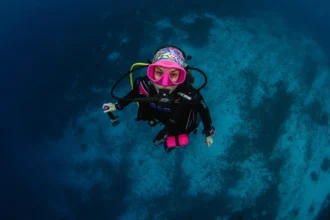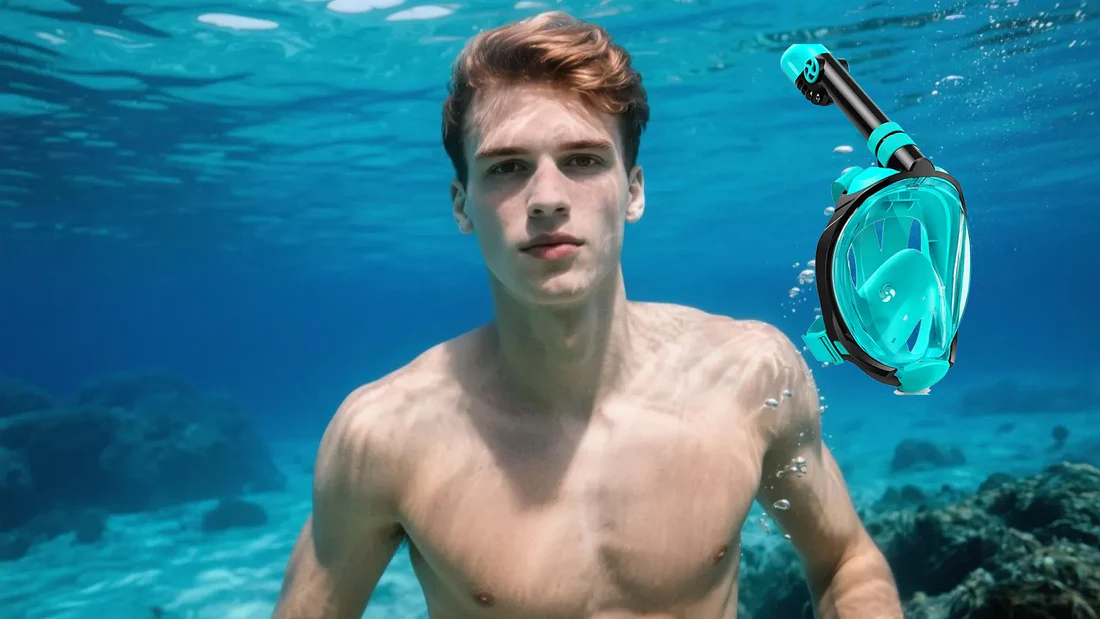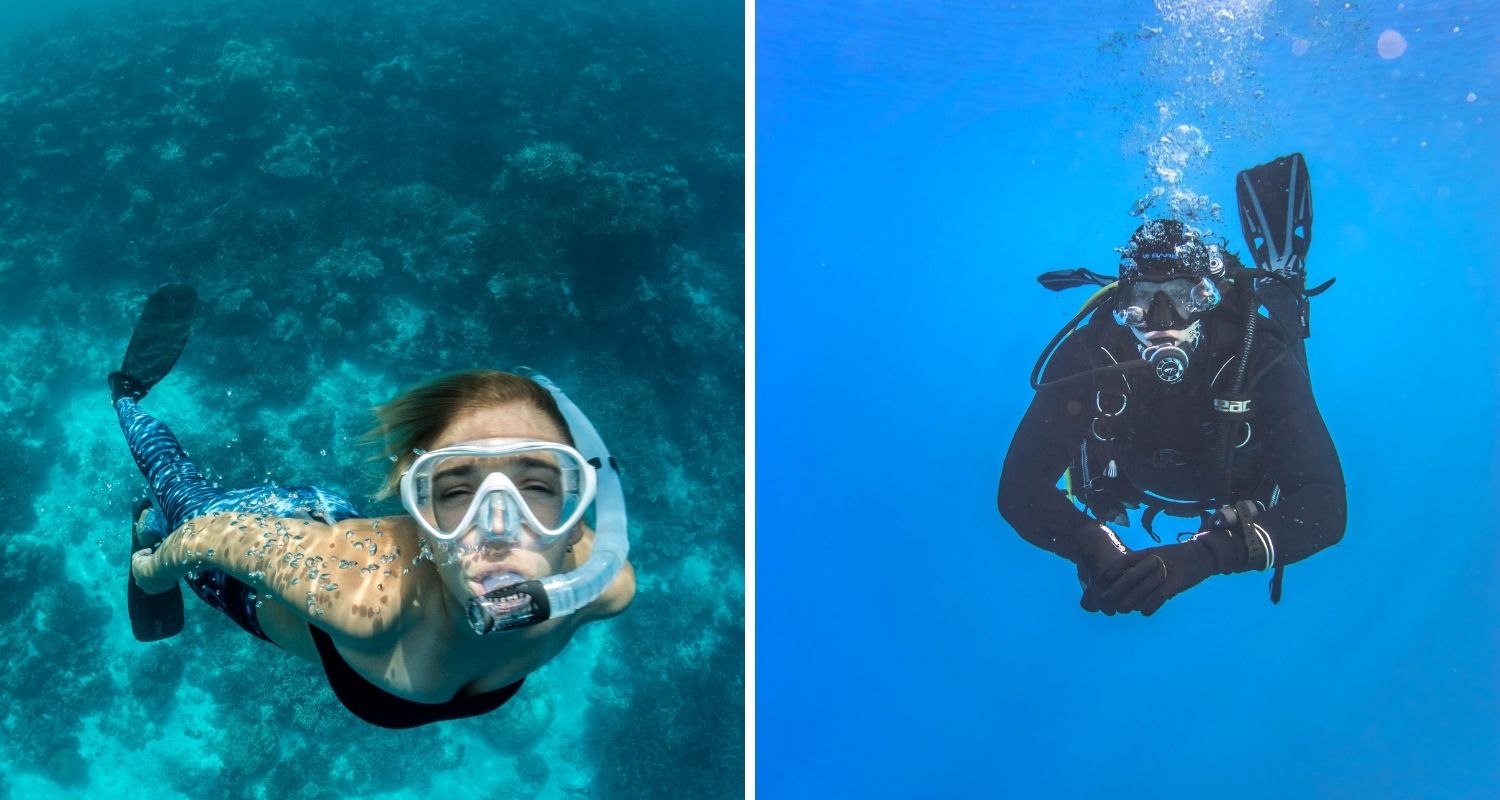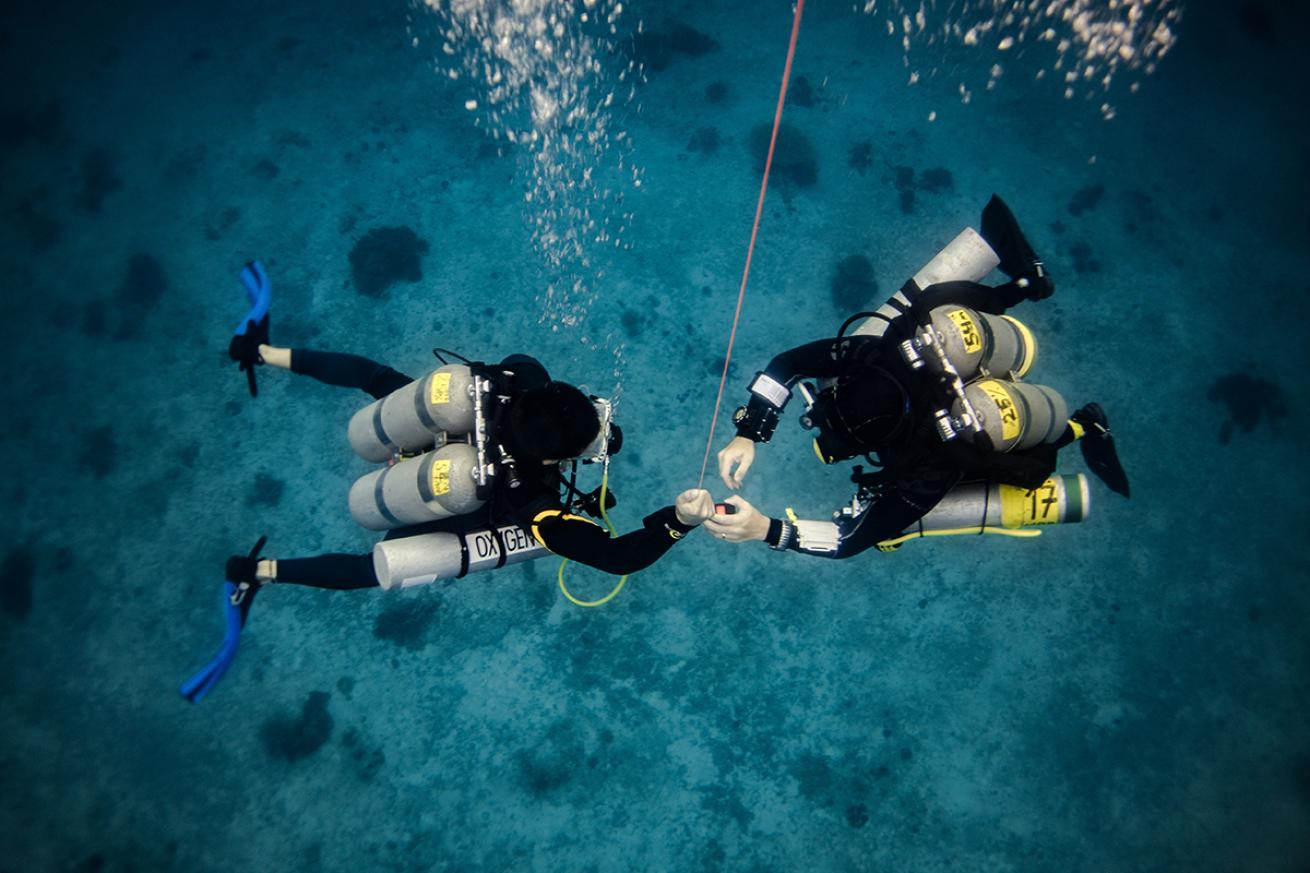Planning your very first scuba diving trip is exciting. The thought of exploring coral reefs, meeting colourful fish, and floating weightlessly underwater feels magical. But this excitement often comes with one common question: What should I pack?
- Why packing correctly matters for your first dive trip
- Scuba documents and essentials you should never forget
- Basic personal gear to pack for your first scuba diving trip
- Scuba equipment beginners may prefer to carry
- Clothing and travel essentials you should include
- Useful accessories that make diving easier for beginners
- Underwater photography basics for first-time divers
- Health and safety essentials to pack
- Packing for different dive locations
- Final packing tips for first-time scuba divers
- FAQs on what to pack for a first scuba diving trip
Packing for a scuba trip is slightly different from packing for a normal beach holiday. You need the right gear, the right clothes, the right safety essentials, and some items that make your dive more comfortable. If you pack smart, your entire trip becomes easier, safer, and much more enjoyable.
This guide walks you through everything a complete beginner should pack for their first scuba diving trip. It also explains the purpose of each item in simple language, so you know exactly why you need it. If you want more beginner-friendly dive guides, visit our website at ScoobaDiveGuide.com for step-by-step help.
Why packing correctly matters for your first dive trip
Your first scuba trip sets the foundation for every future dive you will take. Packing the right items helps you avoid stress, last-minute rush, or missing essentials that can cost extra money at the dive shop. It also ensures your dive is safe, comfortable, and enjoyable from start to finish.
When you pack well, you save time, stay relaxed, and stay focused on enjoying the underwater world instead of worrying about missing items.
Scuba documents and essentials you should never forget
Your scuba documents are the first things you should pack. Many beginners focus on gear but forget paperwork, which can stop them from joining the dive.
Certification card or e-card
If you are already certified by PADI, SSI, or NAUI, remember your certification card. Most training agencies now offer online apps where your digital card is saved. Always keep it ready.
Medical clearance if required
Some divers need a medical form signed by a doctor. If you had any recent surgeries, asthma, heart conditions, or breathing issues, the dive centre may ask for a doctor’s approval. Carry a printed copy and a soft copy.
Travel insurance with dive coverage
General travel insurance is not enough. Make sure the policy clearly mentions scuba diving coverage. It protects you from unexpected situations like injuries, equipment loss, or trip cancellations.
Dive logbook
Every new diver must track their progress in a logbook. It helps instructors understand your experience level and helps you improve. You can use a physical logbook or an app.
Basic personal gear to pack for your first scuba diving trip
Most dive centres provide full rental gear, but carrying a few personal items improves hygiene and comfort during your dives.
Mask
A scuba mask is the one item beginners should always carry themselves. Rental masks may not fit well and can leak underwater. When your mask fits perfectly, your whole dive becomes stress-free.
Choose a mask with soft silicone and a clear view. Test it by placing it on your face and inhaling slightly through your nose. If it sticks without holding the strap, it fits well.
Snorkel
A snorkel helps you breathe on the surface without wasting tank air. It is very helpful during long surface swims. Beginners benefit from a simple, lightweight snorkel that is easy to clean.
Fins
You can rent fins, but if you have sensitive feet or prefer comfort, bring your own. Closed-heel fins are great for warm water, while open-heel fins with booties are better for cold water.
Wetsuit or rash guard
If you feel cold easily, pack a wetsuit that matches the water temperature of your destination. For tropical locations, a thin wetsuit or rash guard protects your skin from jellyfish stings and sunburn.
Scuba equipment beginners may prefer to carry
These items are not mandatory for first-time divers, but they make your experience smoother and help you feel confident.
Dive computer
A dive computer shows depth, time, no-decompression limits, and ascent rates. Many beginners feel safer with their own computer because they understand its display and settings.
Surface marker buoy (SMB)
An SMB is a bright tube you inflate at the surface to show boats where you are. Even if the dive centre provides one, packing your own is great for safety.
Reef-safe sunscreen
This is essential for both your skin and the environment. Normal sunscreen can harm coral reefs. Bring a reef-safe formula and apply it at least 20 minutes before entering the water.
Anti-fog spray
Masks can fog due to temperature differences. Anti-fog spray helps you avoid cloudy vision underwater.
Clothing and travel essentials you should include
Packing the right clothes makes your dive days easier and more comfortable.
Quick-dry clothing
T-shirts, shorts, and dresses made from quick-dry materials are perfect for boat rides and beach days. They feel light and dry fast, so you don’t stay wet for long.
Swimwear
Carry extra swimwear so you always have a dry set ready. Wearing wet swimwear all day can cause irritation.
Warm layers
Many beginners assume tropical dives are warm, but you can feel cold after multiple dives. A light hoodie or windbreaker helps during evenings and surface intervals.
Flip-flops and comfortable shoes
Boats and dive shops are usually wet, so flip-flops are perfect. Also pack a pair of comfortable shoes for walking around your destination.
Useful accessories that make diving easier for beginners
Waterproof bag
Carry a dry bag to keep your phone, wallet, and clothes safe from water. Dive boats often splash, and a dry bag prevents accidents.
Travel towel
Microfiber towels are light, dry quickly, and fit easily inside small bags.
Water bottle
Staying hydrated is very important before and after dives. Bring a reusable bottle to avoid buying plastic bottles.
Snacks
Energy bars, fruits, and nuts keep your energy levels stable during long dive days.
Underwater photography basics for first-time divers
If you plan to take pictures underwater, bring a simple waterproof camera or a phone housing. Beginners should avoid complicated photography gear on their first trip. Focus on staying calm, maintaining buoyancy, and enjoying the dive.
As you gain more experience, you can explore more advanced underwater photography. You can also check our beginner-friendly photography guides at ScoobaDiveGuide.com.
Health and safety essentials to pack
First-aid kit
Your kit should include band-aids, antiseptic cream, pain relievers, motion sickness tablets, and any personal medicines.
Ear drops
Many beginners experience ear discomfort due to pressure changes. Special ear drops help prevent infections and clear water from the ears.
Personal medication
If you take daily medicines, pack enough for the entire trip plus extra in case of delays.
Packing for different dive locations
Different places require different types of gear. Here is how to adjust your packing based on your destination.
Tropical destinations
You need lighter gear, thin wetsuits, extra sunscreen, and comfortable beach clothes.
Temperate or cold-water destinations
You may need thicker wetsuits, booties, gloves, and sometimes a hood to stay warm.
Liveaboard trips
Pack more comfort items such as books, chargers, warm layers, and extra snacks. Liveaboard diving involves multiple dives every day, so staying comfortable is important.
Final packing tips for first-time scuba divers
Keep your important items in your carry-on bag. These include your mask, dive computer, essential documents, and medicines. Luggage can sometimes get delayed, but your carry-on stays with you.
Before leaving home, double-check your checklist to make sure nothing important is left behind. If you want ready-made dive checklists, beginner courses, and simple tips, visit ScoobaDiveGuide.com for more guides.
FAQs on what to pack for a first scuba diving trip
Do I need to buy all scuba gear before my first trip?
No. Beginners can rent most equipment from the dive centre. It is better to buy only personal items like a mask, snorkel, fins, and rash guard.
How many swimsuits should I pack?
At least two or three. You will be in and out of the water often, and having dry swimwear prevents skin irritation.
Should beginners carry a dive computer?
It is optional but helpful. A personal dive computer helps you track your depth and safety limits clearly.
Can I carry liquids like sunscreen on the flight?
Yes, but follow airline rules. Keep them in travel-size containers in your check-in bag if they exceed cabin limits.
Will the dive centre provide safety gear?
Most dive centres provide tanks, regulators, BCDs, and weights. However, safety items like SMBs and whistles are good to carry for personal use.




